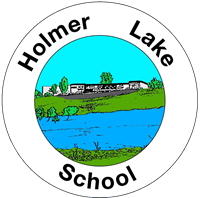Science
Curriculum Leader - Mrs. Watson and Miss. Baylis
Subject Leader - Mrs. Kumar
Link Governor - Vacancy (currently being supported by all governors)
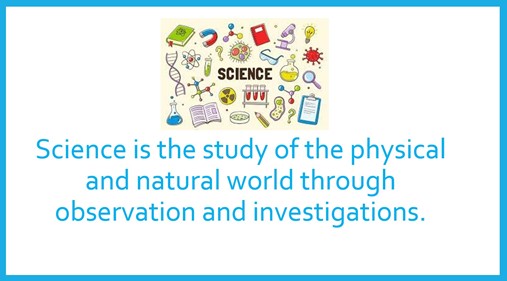
At Holmer Lake, our aims of teaching science are fulfilled by teaching science in EYFS, through understanding of the world, and twice weekly in key stage one and two. There is clear progression of knowledge and skills through the teaching of key concepts. The key concepts that have been identified are the ‘golden threads’ that are revisited in each year group throughout the science curriculum. The golden threads support the pupils to make links in their learning, so new knowledge builds on what has been taught before. As they move through school, they will develop confidence in communicating their knowledge and understanding using subject specialist vocabulary. The science curriculum is based on the 2014 Primary National Curriculum in England, which provides a broad framework and outlines the knowledge and skills taught in each key stage. The school follows a 2-year curriculum cycle for science in order to ensure fluidity and sequential learning for all pupils whether they are in mixed year groups or pure year groups. Science teaching focuses on enabling children to think as scientists. We are committed to creating life-long learners who will be equipped with the knowledge, skills and drive to contribute positively to an ever-changing world and to create budding, confident scientists, with inquisitive, questioning minds and well-developed critical-thinking skills.
The aims of teaching the science curriculum are to develop pupils who are:
- Confident in their substantive and disciplinary knowledge.
- Confident in building their procedural and conceptual knowledge.
- Curious and inquisitive about scientific concepts, knowledge and skills.
- Able to show wide understanding of the application of science to everyday life.
- Able to show a basic knowledge of biology, chemistry and physics by revisiting the golden threads.
- Able to plan and perform scientific investigations using a range of equipment.
- Able to show skills of recording and interpreting a range of sources of scientific information, diagrams, tables, graphs and charts.
- Able to understand how to apply the different types of scientific enquiry: pattern seeking, observation over time, researching, fair testing and identifying and classifying.
- Acquiring new knowledge and skills that have been coherently sequenced to build on what has been taught before as well and remembering previous knowledge and skills.
- Building and using appropriate scientific vocabulary scientific vocabulary correctly.
- Equipped with the scientific skills required to understand the uses and implications of science, today and for the future.

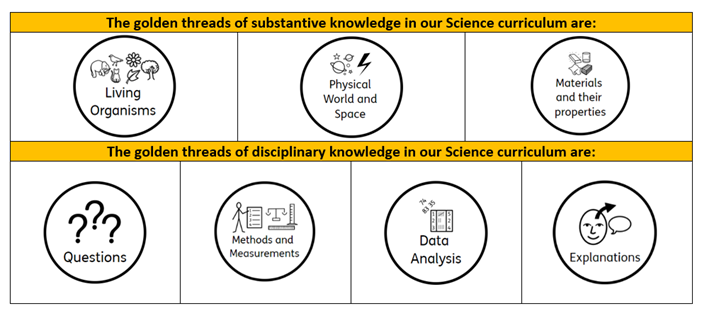
Examples of End Points in our Science Curriculum.
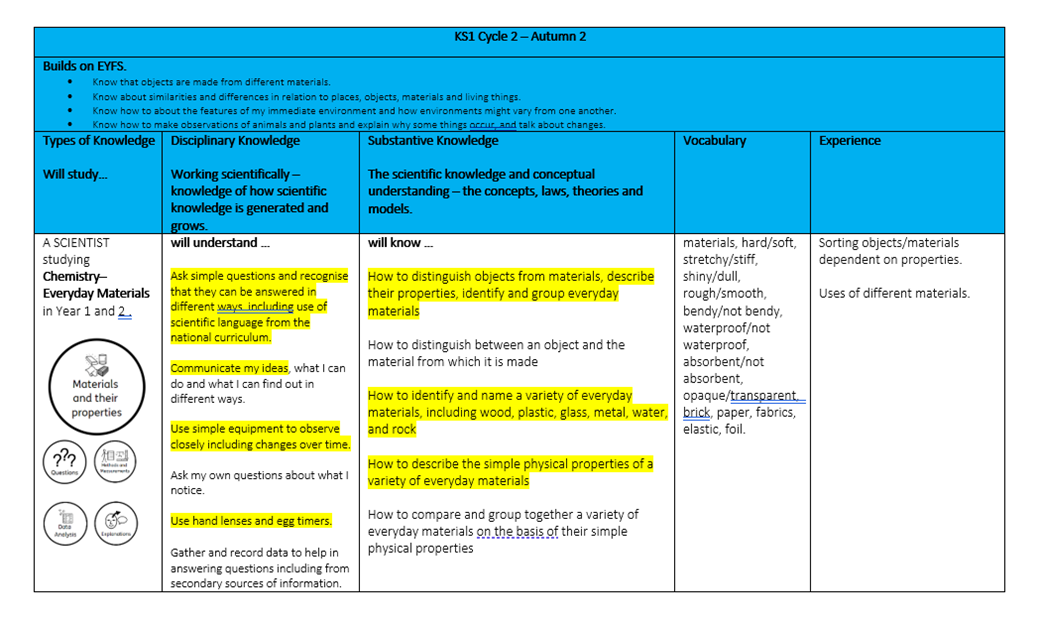
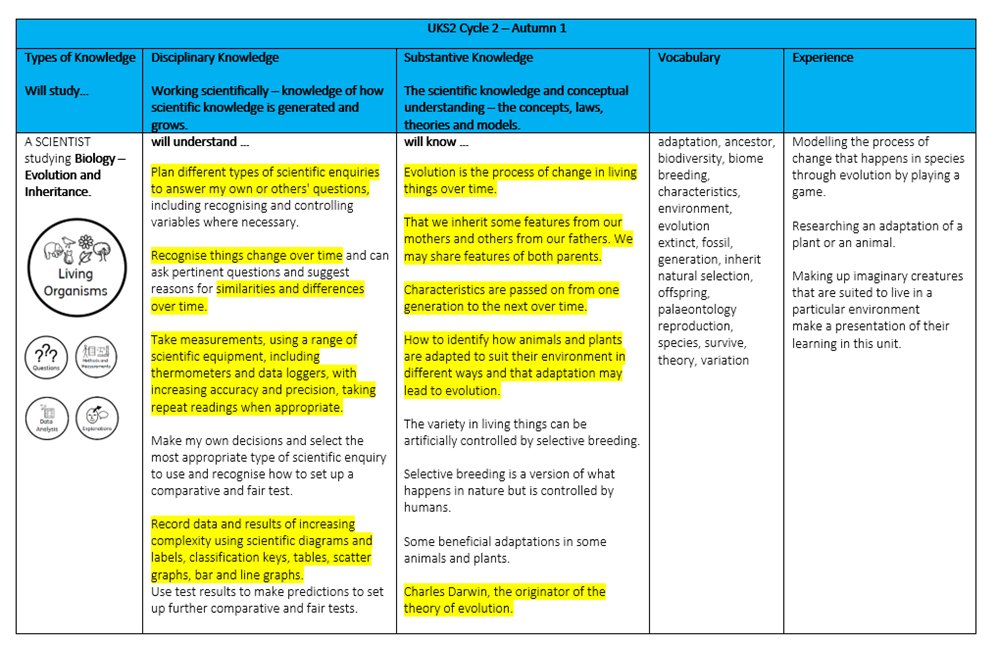
|
Year 5 children separating solids. |
 |
 |
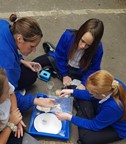 |
|
Year 2 children investigate micro-habitats |
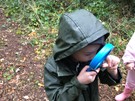 |
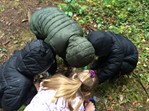 |
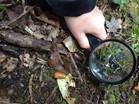 |
| Reception Children experience a chicken's life cycle |  |
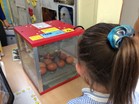 |
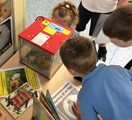 |
Reading
Through reading key texts in each year, pupils will further consolidate their science learning and learn about key scientists.
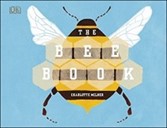
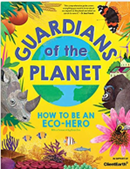
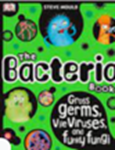
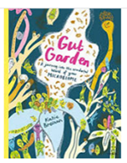
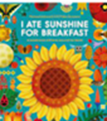
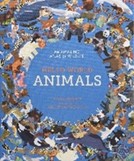

Writing
Text types focused on science content are incorporated into our writing curriculum, transferring the knowledge taught in science to support the content of writing.
Maths
Statistics taught in maths will further support to consolidate the disciplinary knowledge in science.
SMSC and British Values.
We aim to develop Spiritual, Moral, Social and Cultural values through the science curriculum by considering how people treat the environment, their social responsibility towards our world and our planet, how their environment may differ to the others in the world and the impact of this. British Values are actively promoted and embedded into the science curriculum. Pupils explore issues such as the rule of law and relate them to the topics that they are studying. They are shown the importance of safety rules when using equipment and understand and accept that if these rules are not followed that there are consequences to this. By looking at the achievements of a diverse range of scientists, pupils develop an awareness of how they have influenced and shaped the world in which we live.
Early Years Foundation Stage.
The golden threads of the science curriculum are established in EYFS. Pupils begin to develop an understanding of science through understanding of the world, in particular through stories, real life experiences, observations and exploring.
EYFS progression towards KS1 - example end points.
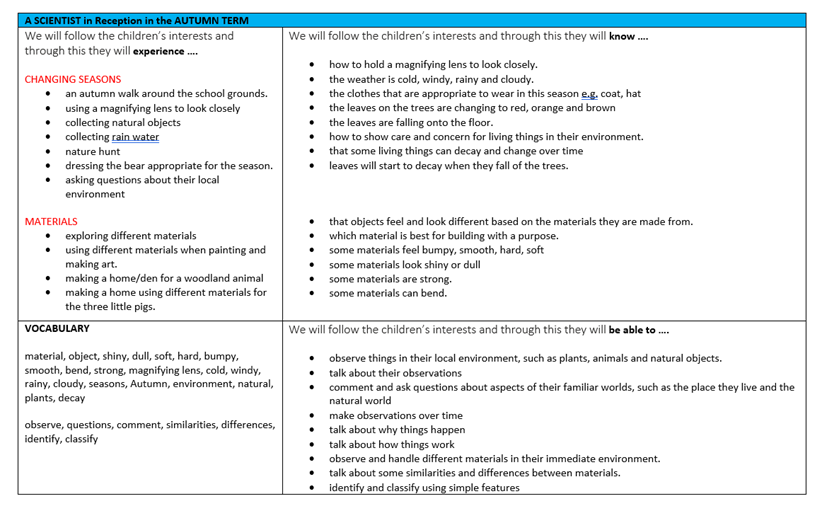
Inclusion
At Holmer Lake Primary School we actively seek to remove the barriers to learning and participation that can hinder or exclude individual or groups of pupils. All children benefit from quality first teaching in the classroom where teachers set high expectations, cater for the needs of individuals, and provide opportunities for all pupils to achieve and progress. Teachers are aware that pupils bring different experiences, interests, and strengths to school which influence the way they learn. Teachers plan and adapt their approaches to teaching and learning so that all pupils can take part in lessons fully and effectively. For example, in science, a pupil may require a simplified version of a piece of text/symbols to support understanding.
Curriculum Drivers
The three curriculum drivers that underpin our curriculum are work, world and wellness. The science curriculum provides opportunities for children to develop their understanding of the body and practices of science in the present world they live in; understand the impact of science in their everyday lives through the work of scientists and how wellness can be supported through actively supporting world and environmental issues.

